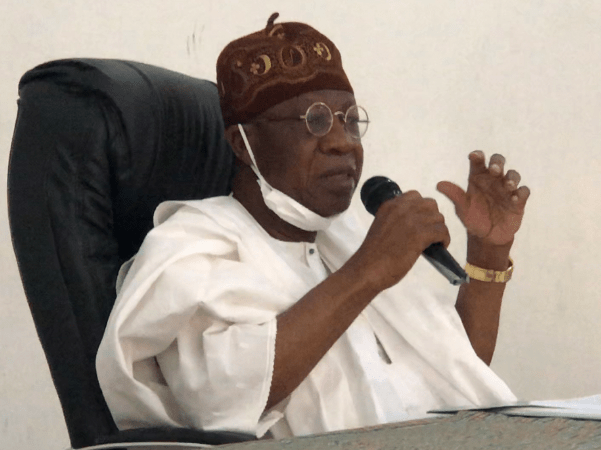The Federal Executive Council on Wednesday approved a contract worth about N1.3bn for the design, supply, and installation of PTZ long-range tarmac camera surveillance system at the Murtala Mohammed International Airport, Lagos, and the Nnamdi Azikiwe International Airport, Abuja.
The Minister of Information and Culture, Lai Mohammed, disclosed this to State House correspondents at the Presidential Villa, Abuja after a meeting of the council presided over by President Muhammadu Buhari.
Mohammed briefed the journalists on behalf of the Minister of Aviation, Hadi Sirika.
“The total sum of the contract is N1,278,594,250. This is in order to upgrade and provide security and safety for the Federal Airport Authority of Nigeria, especially to avoid incidence on the air site and runway,” he said.
Mohammed added that the council approved a contract worth N783,521,275 inclusive of 7.5 percent VAT for the procurement of two hydrographic survey boats for the National Inland Waterways Authority.
The minister who briefed journalists on behalf of the Minister of Transportation, Rotimi Amaechi, said the contract was awarded in favour of First Index Project and Services Limited with a completion period of six months.
Minister of Industry Trade and Investment, Niyi Adebayo, on his part, said the council approved N35bn for the building of a power station by the Nigerian Export Processing Zone Authority in Akamkpa, Cross River State.
Adebayo said the contract for the power station to power the Calabar Export Processing Zone was awarded to Mutual Commitment Nigeria Limited.
According to him, the exact contract sum is N35,411,119,159.47 and the contractor will finance 75 percent of the project, which is in the sum of N26,558,339,337.10 while the NEPZA would finance 25 percent which translate to N8,852,779,792.37.
He said the council approved a payback period of 10 years of the contractor’s portion.
Adebayo said on completion after 11 months, the plant will be operated by the contractor for five years during which it will build local capacity that will take over the running of the plant.
He said, “The whole intention of the upgrade of the two zones is to create zones with world-class standards. The Ministry of Industry, Trade, and Investment is desirous of making Nigeria a manufacturing hub, especially now that we have signed on to the Africa Continental Free Trade Area Agreement.
“So, by putting 24-hour power in the two processing zones, it will make it more attractive to foreign investors to come and set up manufacturing concerns here in Nigeria.”
